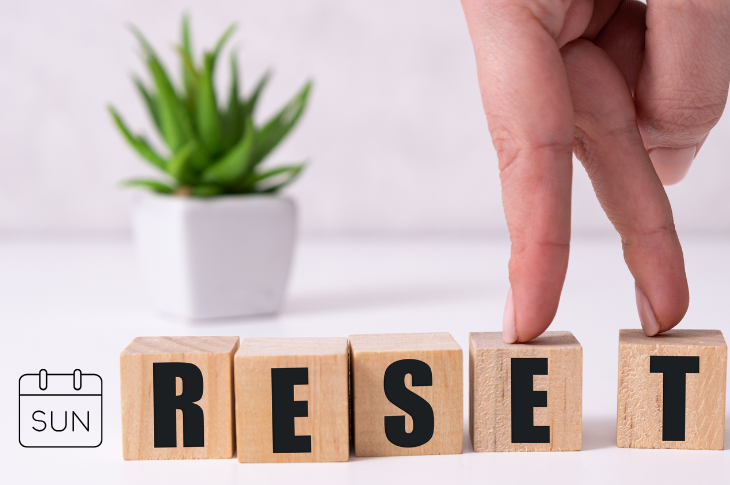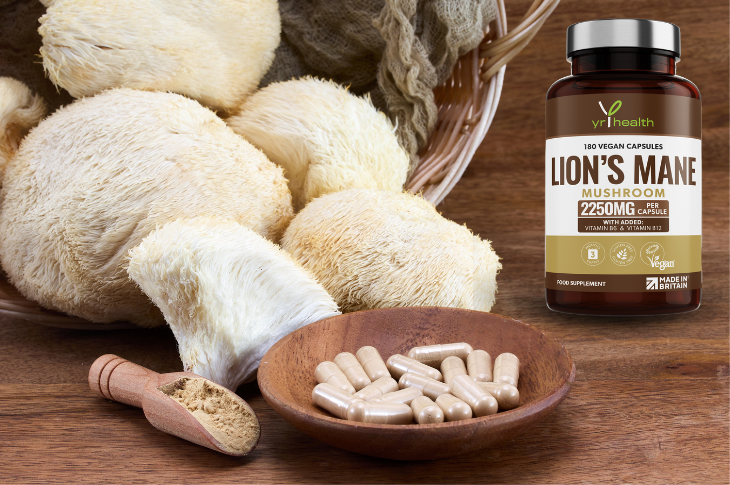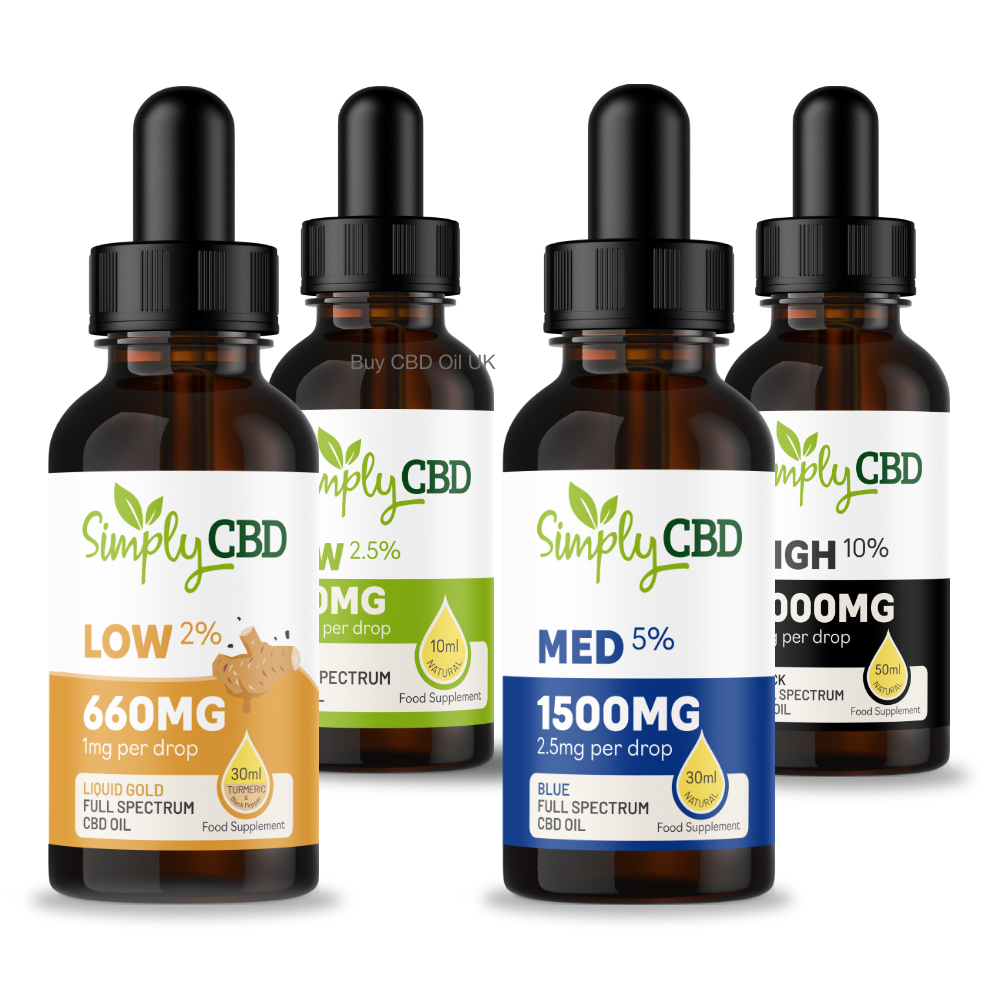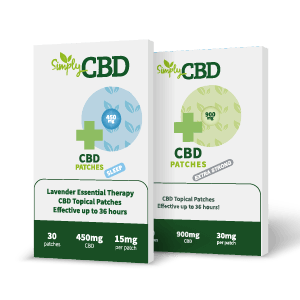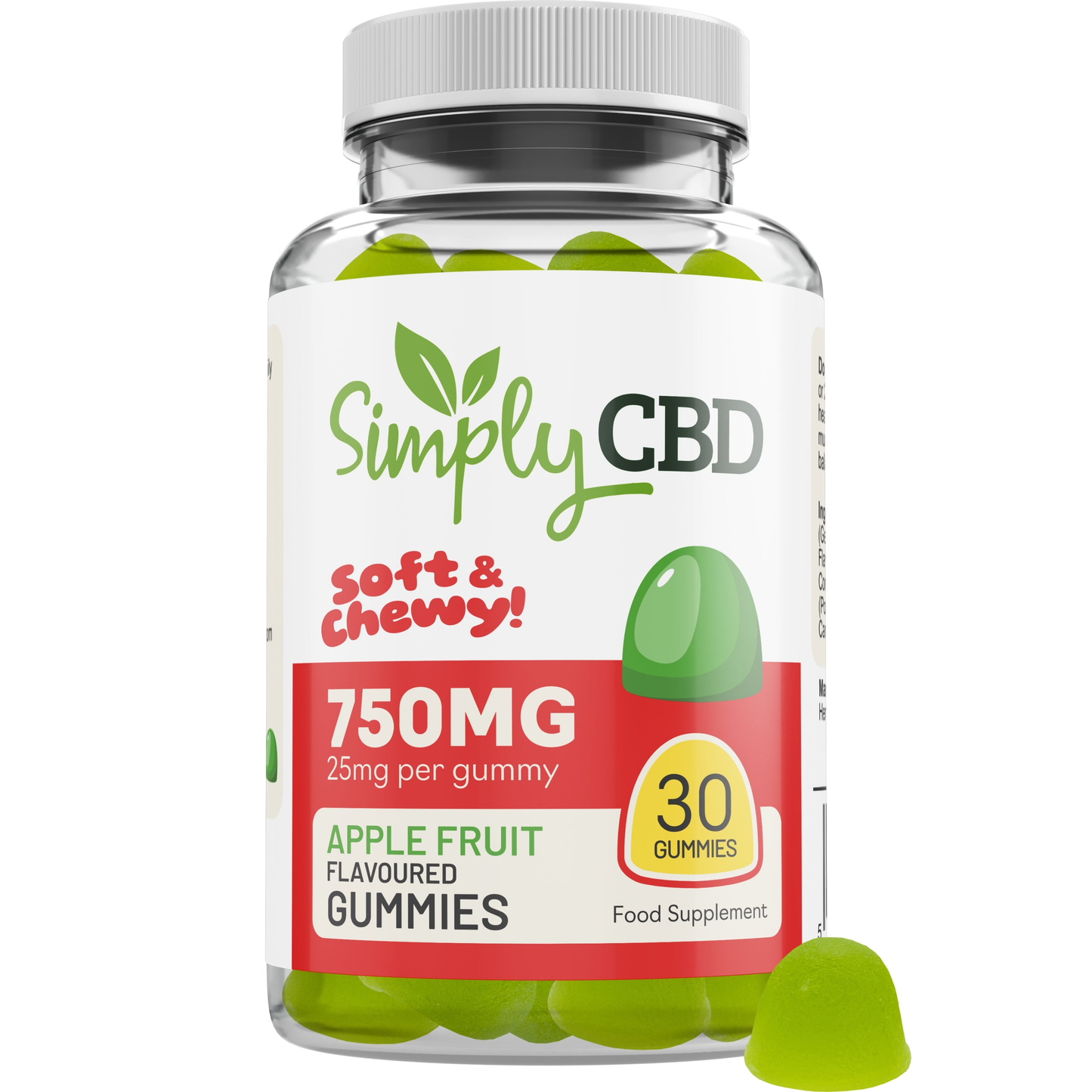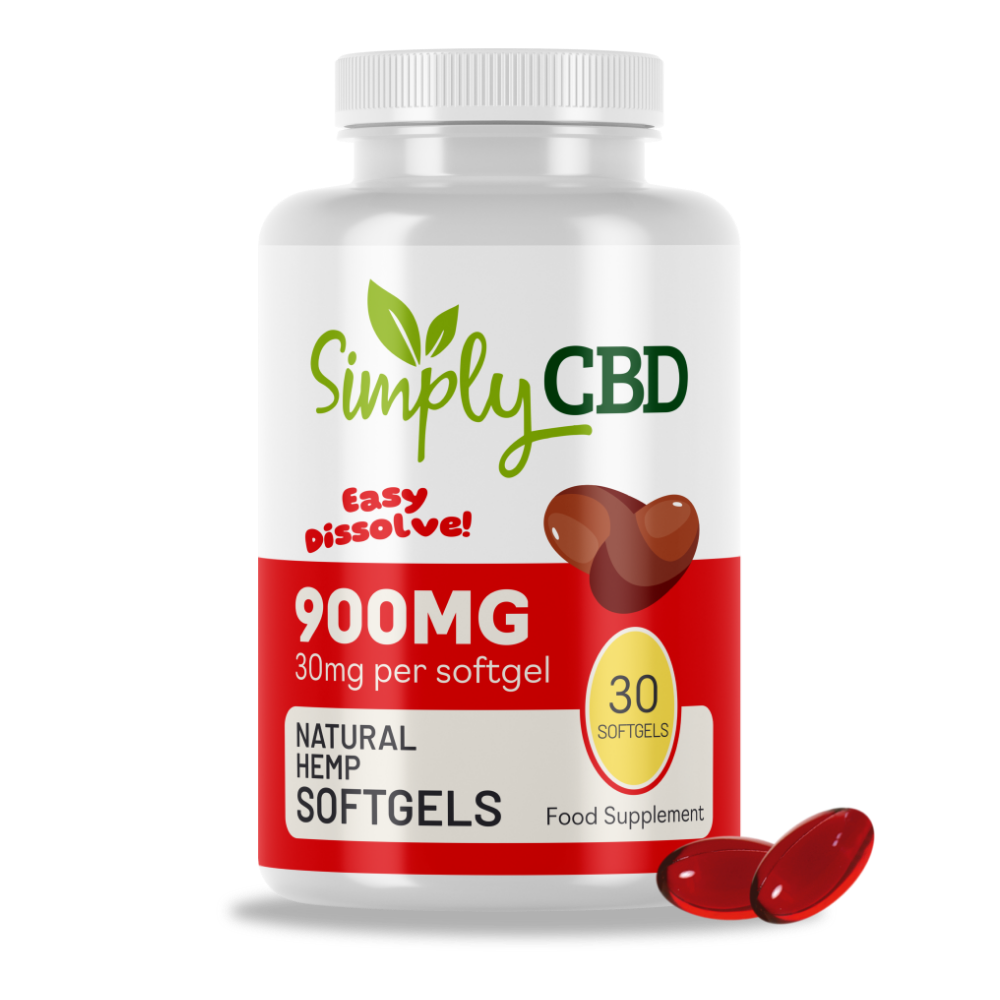
CBD is increasingly popular among many demographics in the UK, but the stigma around it still exists due to its inherent relationship to the cannabis plant family. This can make it difficult to talk openly about CBD use, even with those closest to you. To dispel this stigma, open conversations that help debunk myths and misconceptions that surround CBD are key. This article explains the stigma, how to prepare for conversations about CBD, and misconceptions to address, plus the benefits of an open dialogue, providing resources, and sharing personal experiences. These points can help you demystify and destigmatize CBD for your loved ones.
Understanding the stigma
Before you can address CBD’s stigma, it’s important to fully understand it, as well as the reasons why it continues to spread. The main reason for the stigma around CBD is its links to the cannabis plant family. People take this connection to mean that CBD and marijuana are the same, when in reality they are completely different. Within the cannabis family there are hemp plants and marijuana plants. The main distinction is that hemp is typically extremely low in THC, while marijuana contains high levels of it. THC is the compound that causes a high, and can therefore only be present in legal products in negligible trace amounts. Legal CBD products in the UK are therefore completely incapable of causing a high. Additionally, all legal CBD in the UK comes from hemp plants, meaning they bear no relation to marijuana.
Despite this, people who are uninformed about CBD products use the umbrella term ‘cannabis’ to attach undue criticisms and judgement to CBD and those who use it. As the popularity of CBD continues to grow, so does the level of misinformation being spread, which, alongside a lack of proper education on the topic, only perpetuates this issue.
Preparing for the conversation
If you’re planning to talk to someone about CBD who either believes or perpetuates the stigma around it, being well prepared is key. First, think of the main points you want to speak on and practise discussing them in a calm manner. For example, you may want to discuss the ways in which CBD is believed to interact with the body’s endocannabinoid system. Make sure to do your research on these topics and collect relevant, credible information, including points like CBD’s legal status in the UK. It’s also important to be prepared for possible rebuttals and how to handle them. Try to anticipate any concerns or questions that may be thrown your way so you can find ways to answer them in a helpful and constructive way ahead of time.
Addressing common misconceptions
As the stigma around CBD is largely due to misconceptions, addressing them directly is crucial. Here are some key pieces of misinformation to address and some guidelines for structuring well-rounded responses:
Misconception 1: CBD gets you high
- Using scientific sources as a reference, explain the difference between CBD and THC, emphasising that CBD does not cause a ‘high.’
- Highlight the fact that legal CBD products in the UK can only contain negligible trace levels of THC (if any at all), making them incapable of ever causing any intoxicating effects.
Misconception 2: CBD is illegal
- Clarify the legal status of CBD in the UK, including key dates, regulations, and guidelines.
- Mention the difference between hemp-derived CBD and marijuana, including the reasons why CBD is legal while marijuana is not.
Misconception 3: CBD is not safe
- Share information about the safety profile of CBD, citing trusted sources like this World Health Organization (WHO) article.
- Highlight the importance of choosing high-quality, third-party lab tested products.
Misconception 4: CBD is addictive
- Explain that CBD is not addictive and has no potential for abuse according to the WHO.
- Compare CBD to other substances used for similar purposes that are known to be non-addictive, such as mushroom tinctures or adaptogenic supplements.
Misconception 5: CBD is just a fad
- Discuss the growing body of research supporting the potential benefits of CBD.
- Highlight the increasing acceptance and use of CBD in mainstream wellness, citing both reputable scientific sources and real life stories sourced from verified reviews of CBD products.
Read more: 5 Common CBD Myths Debunked (Part 1)
Read more: 5 Common CBD Myths Debunked (Part 2)

Sharing personal experiences
Once you have addressed the overarching misconceptions that cloud many peoples’ judgement of CBD, it’s time to share your personal experiences. Explaining your own positive experiences with CBD, including how it has helped support your wellness and the benefits you gain from it, can normalise it and tackle the fear of the unknown for those around you.
It also helps to be honest about any challenges or learning experiences you went through on your journey to success with CBD. For example, you may have had to try a few products or brands before finding what’s right for you. Or, maybe the building up process (start low and slowly grow) to find your ideal dose was challenging for you. In explaining these challenges, you can also share the support you received, both from the brand you trust and any other CBD users that helped you along the way, such as those in our support group.
Encouraging an open dialogue
Make sure these discussions are not one sided, as that will likely translate as you being preachy. People are less likely to listen and consider your point of view if they don’t feel they are receiving the same level of respect and consideration in return. Allow them space to share their views, and make an effort to understand their perspective on each topic surrounding CBD that you discuss. This open dialogue makes for a much healthier and more productive conversation than just talking at them.
Rome wasn’t built in a day, and the stigma won’t disappear in a day either. You can revisit this topic numerous times, touching on different areas of discussion and referring to any new information or experiences that arise between the conversations. In all of these discussions, remember that as much as the stigma around CBD may be frustrating, taking a calm and respectful approach is always more productive than allowing your frustration to take the wheel.
Providing reliable resources
The hope is that these conversations will open peoples’ minds and even get them interested in learning more about CBD. This doesn’t mean you need to try to sell them on using it themselves, but to accept and support others in their CBD use without the cloud of judgement they previously had.
To do this, offering them reliable information and resources to refer back to is key. Recommend studies, brands, websites, books, documentaries, and even government guidelines that can give them a broader and more well rounded understanding of the world of CBD. This can help them recognise and respect its place in your life, as well as its broader place in the UK wellness market.
Key takeaways
Here are the key points to remember about talking to loved ones about CBD to help end the stigma:
- Make sure you have an understanding of where the stigma comes from and why it exists before trying to dispel it.
- Prepare for these conversations ahead of time to ensure you have the relevant information you need to make your points clearly and rationally.
- Address common misconceptions to tackle the root cause of the stigma by providing factual information about CBD.
- Share personal stories and experiences, the good and the challenging, to normalise and humanise the use of CBD.
- Encourage an open dialogue on the topic of CBD, allowing everyone the space to share their thoughts, feelings, and opinions.
- Provide reliable and reputable resources for your loved ones to refer back to so they can learn more about CBD at their own leisure without falling into misinformation traps.




